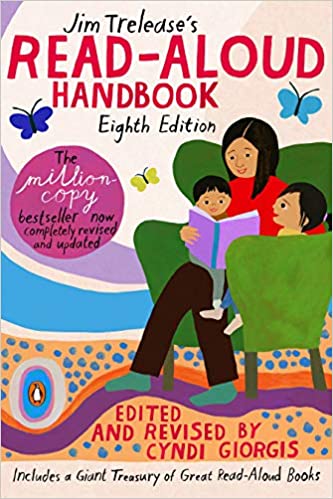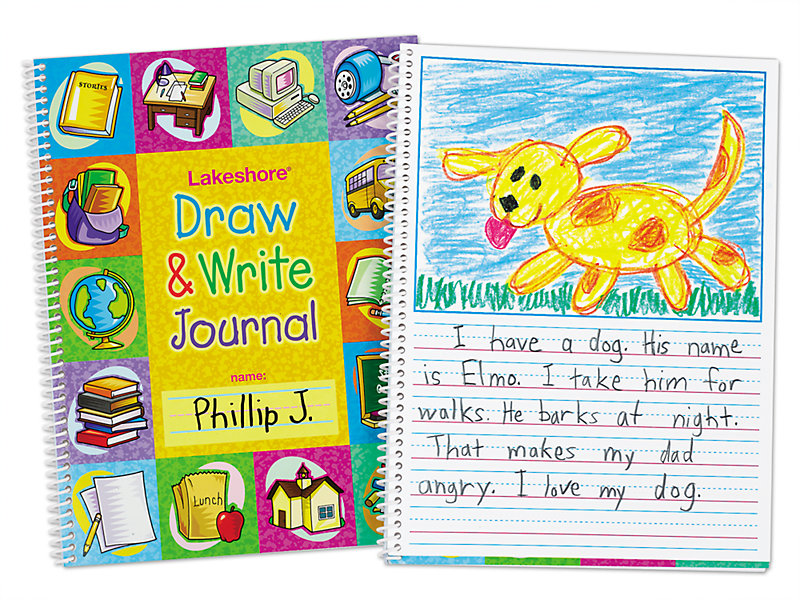
Although I never wanted to homeschool, I used to follow homeschooling moms on Instagram. I mostly ogled over the unschooling types who raise their babies in the deep of the woods or on the salt of the sea. Their children sketched downy woodpeckers or lupine wildflowers under the shade of a cottonwood or banyan tree. “Why don’t you just unfollow them?” my husband finally said one night before bed as I showed him yet another post displaying all I WASN’T doing as a mom. It was a beautiful life, it just couldn’t represent my kids or my life. I unfollowed those accounts and felt lighter and more free to be who we are: a family who lives an ordinary life in a mid-sized city with chain-link fence around our modest backyard.
Back in May, my friend in Denver told me she had decided to homeschool. The thought had never occurred to me. I’m a former public school teacher and I adore our neighborhood public school. But since my number one con on my pro/con list was “I don’t want to,” I decided I should push past wants and consider homeschooling as an option. The list of pros seemed lengthy–flexibility, consistency in a wonky Covid world, the ability to tailor lessons to my kids, etc, but paper and lists wouldn’t change my personality and it certainly wouldn’t change the personality of my strong-willed children. I mean, I can’t even get them to put their shoes on, why would I expect them to learn anything from me?
But Time has a way of kneading our desires; and giving that dough time to rest helped me adapt and shift my expectations of life–not as it should be, but life as it is. And life right now is complicated. Long story short: we decided to homeschool.
As a researcher and resource-collector, I tried to listen to many different podcasts about homeschooling. I confess many led to groans and eye-rolls on my part. Some homeschoolers can come across as having a superiority complex with a fear of public schools. But I found some simple resources that led to peace and freedom. All the resources I’m sharing here represent those types of resources.
Here’s my philosophy of education in a nutshell: Children are naturally curious. They want to learn. If we chase their curiosity (and ours), find a good math curriculum, read LOTS of good books, and talk about those books, we will educate our children well. This feels very do-able to me.
My children are in pre-k, kindergarten, and second grade, although many of these resources will help children of other grades. I’ve taught 4th-8th grade and have my teaching certificate in K-9, so I do have experience teaching–just not these ages and not my own children. Here’s what I’ve discovered so far:
Some Freeing Podcasts for the Reluctant Homeschooler:
Brave Writer Podcast: 55 Things I Did Not Do as a Homeschooler, 61 Things I Did RIGHT in My Homeschool, Morning Routines that Support Your Homeschool and Family, One Thing Principle
Homeschool Sisters Podcast: You Don’t Have to Do It All: Getting Started with Homeschooling
Read Aloud Revival: 10 Homeschooling Mistakes I’ve Made (so you can avoid them)

A Few Books to Inspire Peace:
Read Aloud Handbook by Jim Trelease
Teaching from Rest: A Homeschoolers Guide to Unshakable Peace by Sarah Mackenzie
Basic Curriculum I’m Cobbling Together (apparently this is called “hack-schooling”):
The Routine: I plan to follow a routine, not a schedule, as Julie Bogart talks about, although I did buy this teacher planner for myself and really love planning. Adam will take the kids the first hour for science and social studies while I work on my own writing projects in the morning. After we transition from dad to mom, I’ll start them out with snack and “table time” where we’ll do a read aloud and work on reading, writing and math. After that we’ll do lunch, more read aloud, quiet reading time, then art, other projects, watch movies, go to the library, play games, or have time for free play. I’m hoping we can squeeze in some camping trips and study about the places we visit. I want to follow curiosity like Alice followed the white rabbit (guess what we’re reading aloud right now…?).
Math:
Math Mammoth ($38 total for two workbooks—an extra $9 of more online resources) for my 2nd grader–came highly recommended in a homeschooling Facebook group I joined
Math Games: Sum Swamp, Monopoly, others; mostly do games and play with K and pre-schooler
Supplement with Khan Academy (free online)
Language Arts:
For my non-readers:
Phonics Pathways
Erasable books to practice writing numbers and letters
Unicorn Handwriting book
Leap Frog: Letter Factory DVD
Phonics flashcards I found at a thrift store
Read-Alouds: I plan to read aloud a variety of poetry, fiction, and non-fiction and discuss, being sure to touch on plot, characters, parts of speech, devices like alliteration, metaphor, simile, etc. We already do this right after lunch and before bed, but instead of always having them select the books, I’ll read aloud a selection of my own.

Journals: We’ll use these journals (pictured above) to interact with and reflect on the things we’re learning and reading. I’ll just have my four-year-old draw a picture, and I’ll have my kindergartner dictate to me until she can write for herself. I’ve heard great things about The Writing Revolution–it’s currently in my cart.
Copy Work: I may also try having them do “copy work,” in these journals and have them select some of their own quotes, dialogue, or passages to copy. This blog post from The Unlikely Homeschool explains copy work well.
Quiet Reading Time (aka “D.E.A.R.” or “S.S.R.”): We’ll continue our quiet reading time after lunch each day, which we’ve been doing for the past few months. The kids grab books and read (or look at pictures if they can’t read yet) for thirty minutes. They earn a sticker and after five stickers they get to pick something from the treasure box (snacks and trinkets I bought at the dollar store). Dollar Tree sells simple sticker charts with stickers, FYI.
Poetry Tea Time: I’ll try out doing a weekly Poetry Tea Time, which Julie Bogart discusses in this podcast. Basically you just light a candle, pull out some treats and put out a bunch of poetry books. The kids select poems they want to read aloud.
Science & Social Studies:
Core Knowledge curriculum is available for free download online, so I’ll use that and the core standards as a guide. We’ll also check out tons of books from the library and take relevant fieldtrips. My husband Adam will be teaching them the first hour of the day, so I’ll collaborate with him on science and social studies. He’ll start out the year with a unit on insects. I’ll also use the book And Social Justice for All, by Lisa Van Engen, to teach about social justice issues like immigration, poverty, race, disabilities, and health care. Lisa is a teacher, so this would be a great supplement to a social studies curriculum.
Art, Music, etc.:
After quiet reading time in the afternoons, we’ll work on art projects, play games, go to the library, or go for a hike. I may pick an artist, composer, or inventor to study each week.
Socializing:
Our kids have tons of friends on our street, so I’ll try and coordinate some “recess” time since they’ll all be home doing remote learning.
Online Resources I’m Exploring:
Duo Lingo—free language lessons
Hoffman Academy—free online piano lessons
Ambleside Online—free Charlotte Mason curriculum
Study Birds with The Cornell Lab: free science/nature activities for cooped-up kids
Core Knowledge Curriculum–free language arts, history, geography and science curriculum for K-8
Go Noodle–free fun movement and mindfulness videos for wiggle breaks
K12 Reader–TONS of free reading and writing resources including printable spelling lists, lined paper, worksheets, and grammar
Khan Academy–free online math courses, lessons, & practice
Curiosity Stream (starting at $2.99 a month)–stream documentaries
Field Trip Zoom ($49.95 annual membership)
Epic Online Library ($)—personalized reading for kids 12 and under.
Starfall ($35 per year)–reading for pre-K-3
Project Gutenberg–library of over 60,000 free e-books
Brave Writer–some free resources and some for purchase
Explode the Code ($65 for 8 books and online access)–many people recommended this curriculum for kids who are learning to read
What other resources (especially free ones) would you recommend that have helped you to find peace and freedom in homeschooling?
I will be updating this list periodically.

*This post includes Amazon affiliate links, but no other affiliates.
Image by No-longer-here from Pixabay
